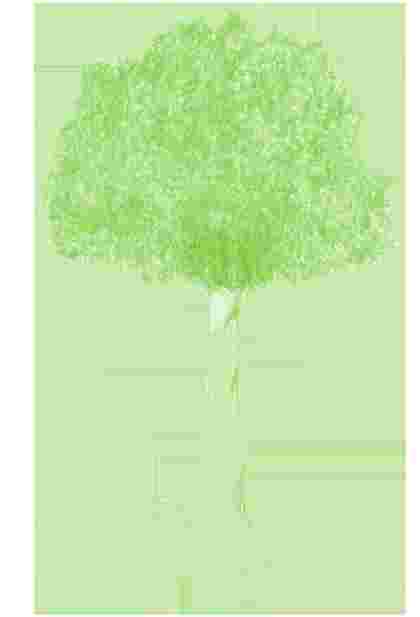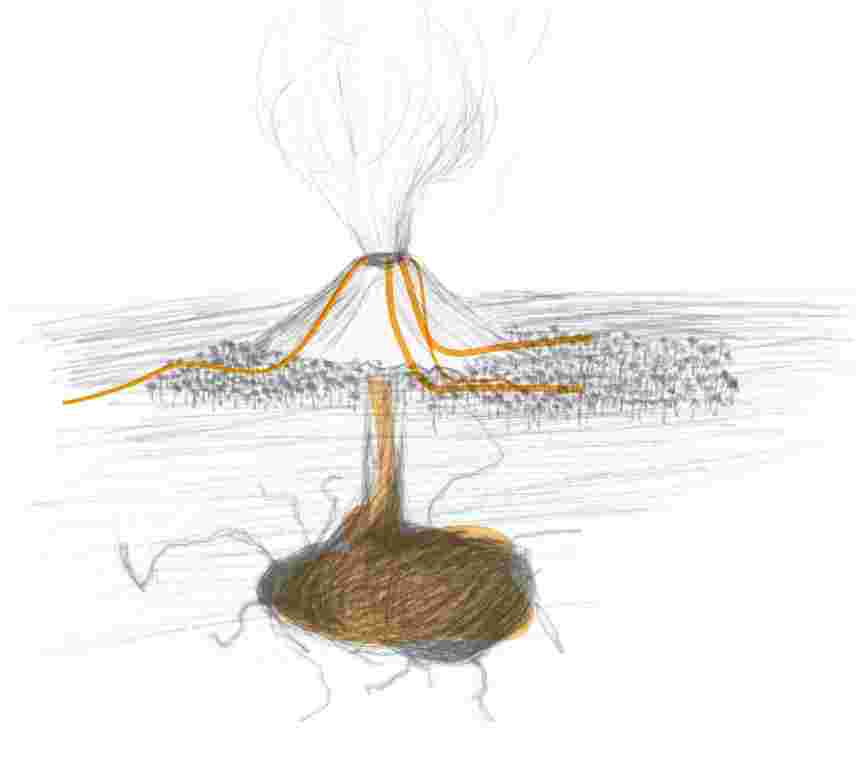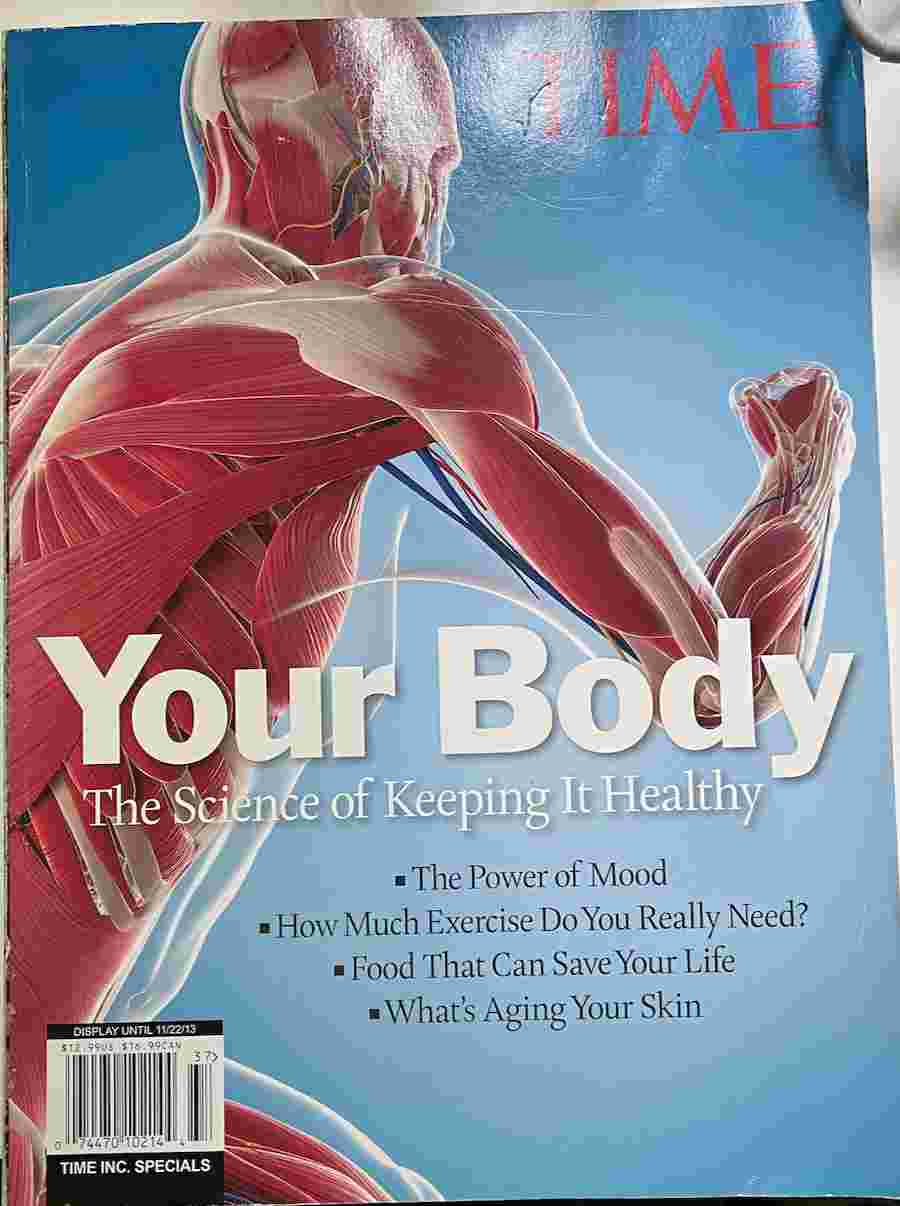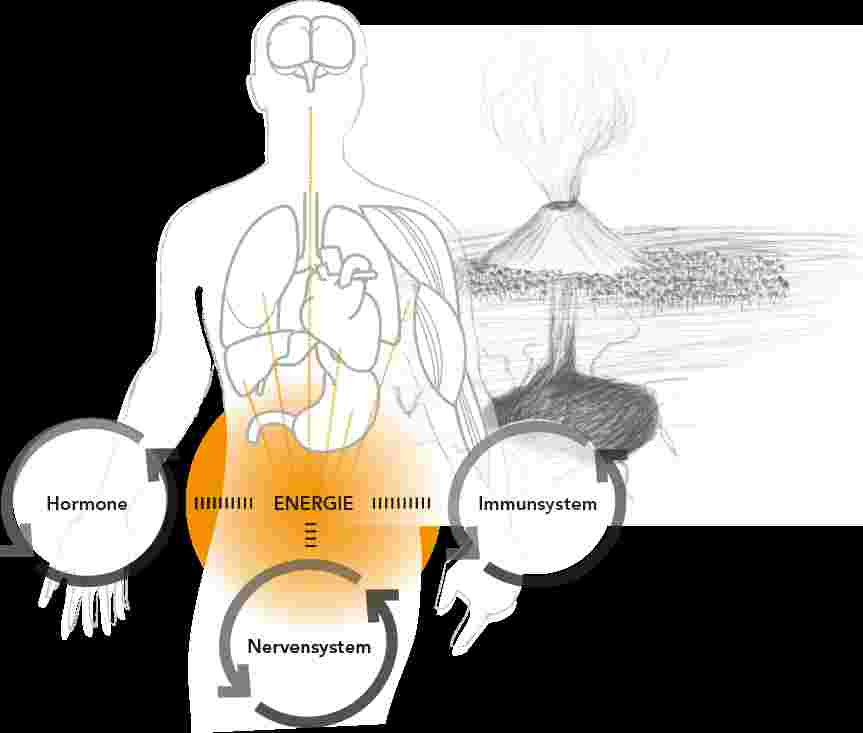Inflammation control is first of all the territory of the immune system. When the regulatory processes of the immune system are all in line, then an illness will mainly be mild and disappear within days. The situation becomes detrimental, when the inflammatory processes turn chronic. This is the case, if the triggers for inflammatory stress cannot be eliminated or contained by the regulatory systems of the body.
Bad food, inactivity, environmental or other stress factors e.g. can on the long run be irritations that finally lead to diabetes, obesity, vessel diseases etc. and even cancer. All these chronic conditions flourish on the soil of chronic inflammatory processes. This is why the TIME magazine calls inflammation the killer.
Eating, moving and sleeping, making the right choices for yourself everyday can tame this process or even reverse the disease process, at least slow it down. The three (EMS) are also the path to aging without being miserable.
But again we need inflammations for survival. Suppressing inflammatory processes and the immune system’s potential to initiate inflammations and appease them as well is deleterious. It leads to impaired wound healing or in the case of cancer to fatal infections and the spreading of metastases. It can bring about allergies and autoimmune diseases.
Wellbeing is about preserving the systems’ regulatory and modulatory capacities. Eradication is the wrong avenue to walk on, but the one mostly taken. This is the lesson we have to learn, and this is the lesson that Biestmilch taught me.






